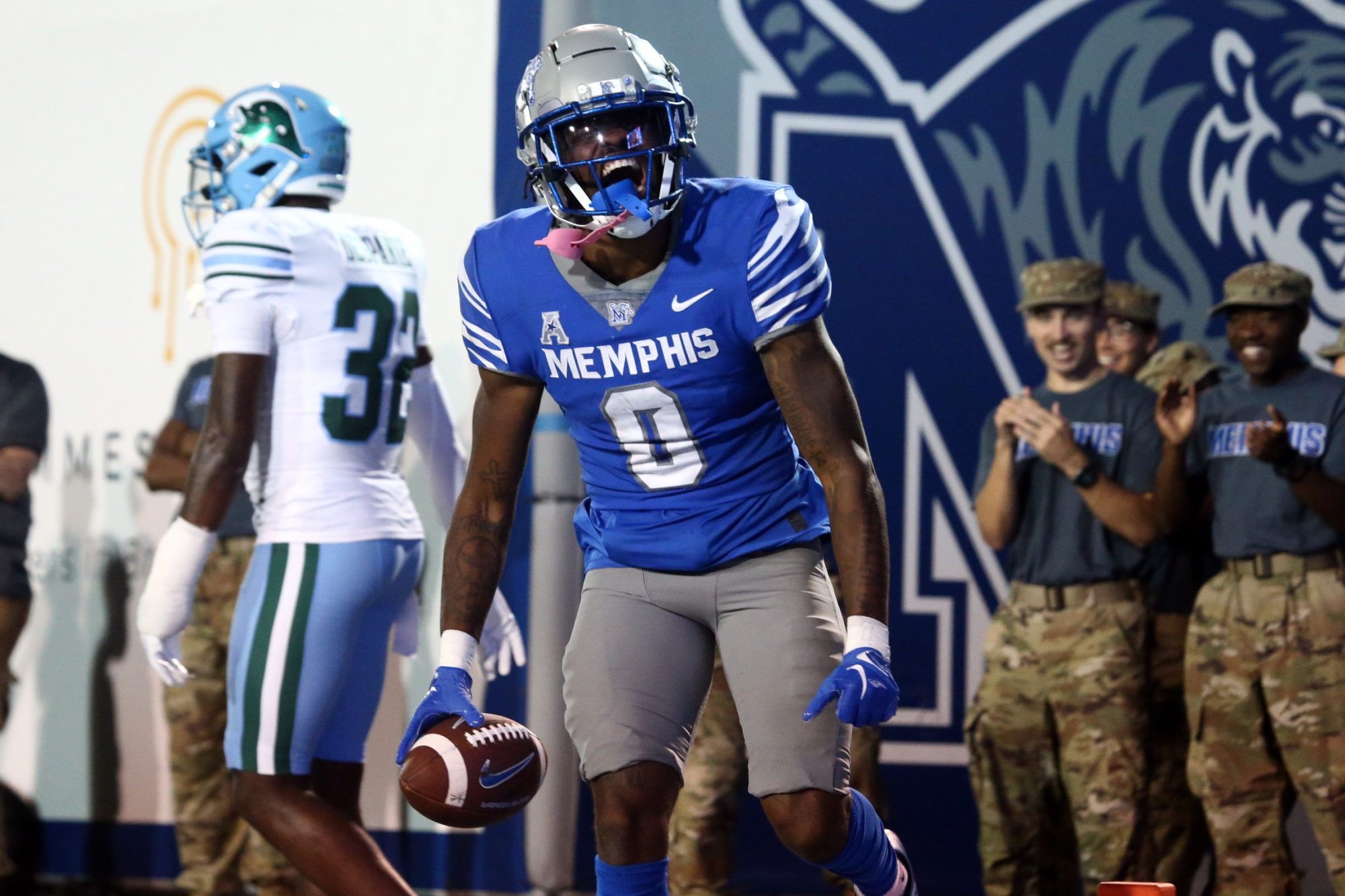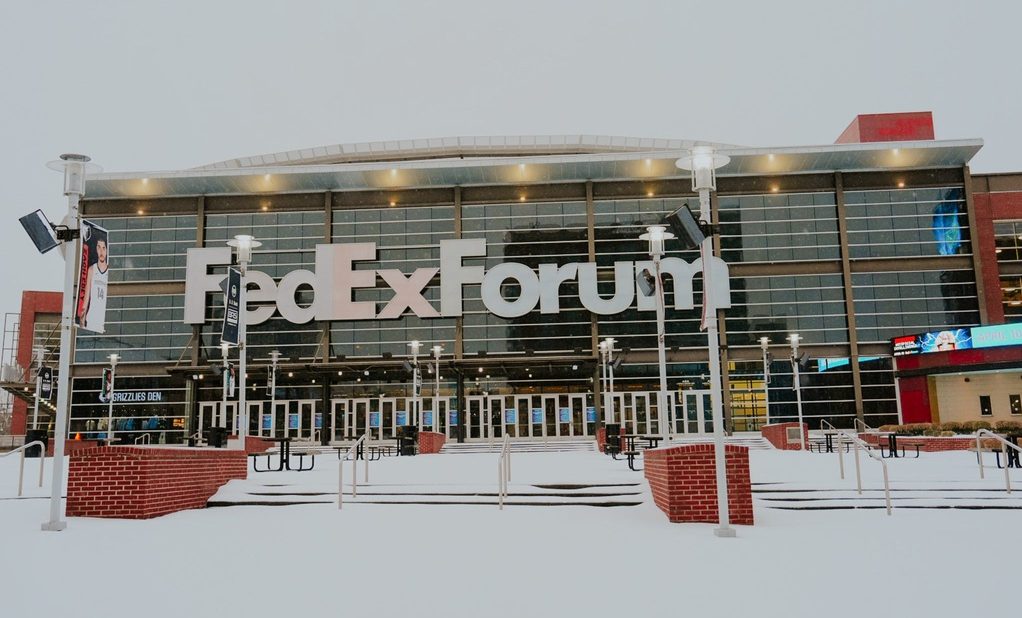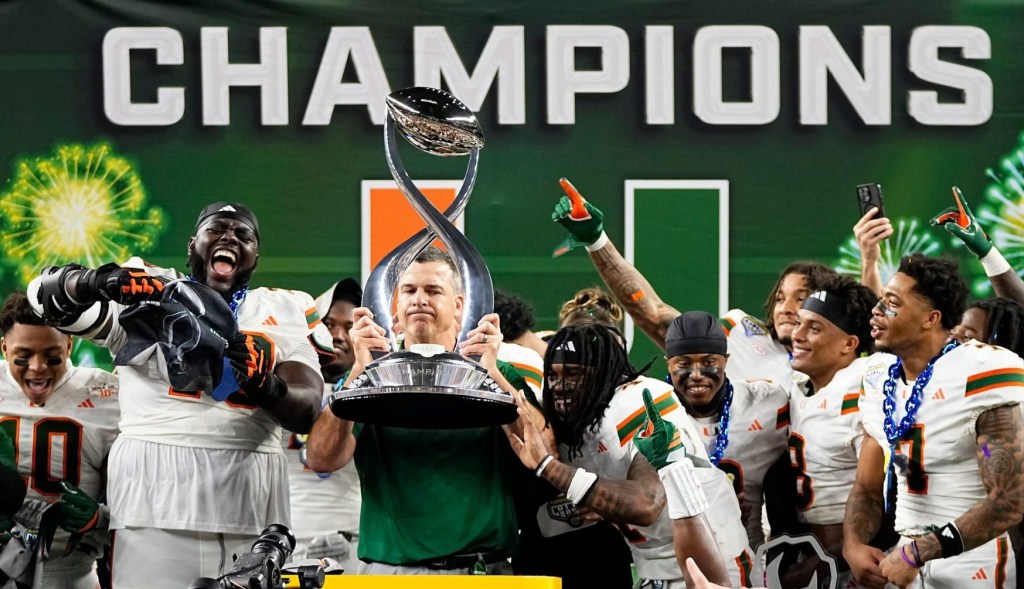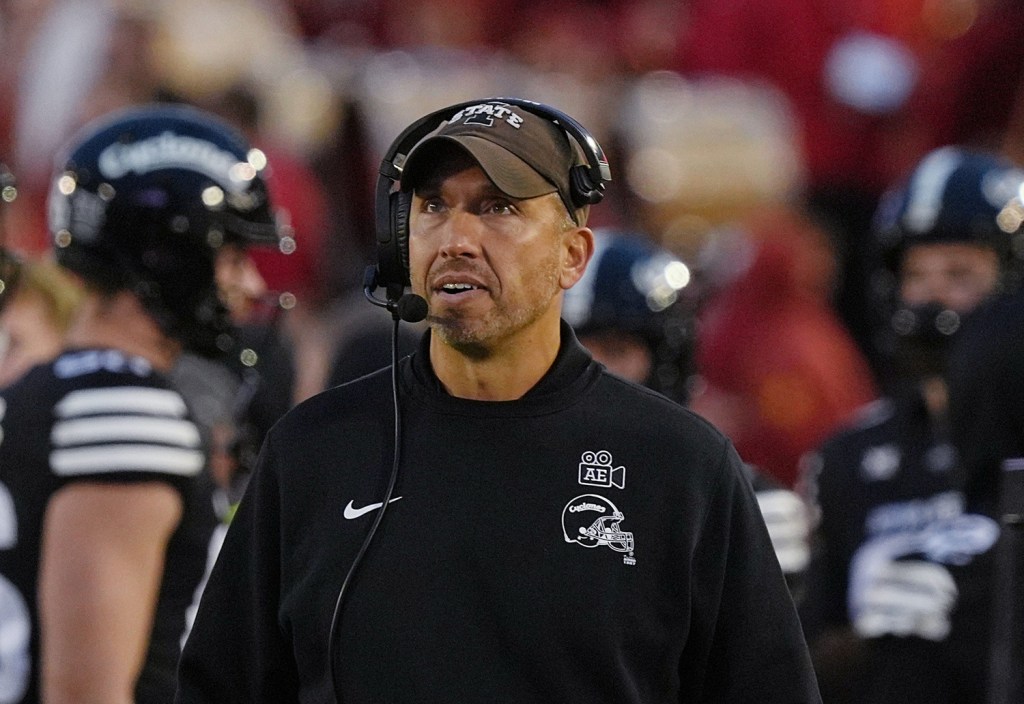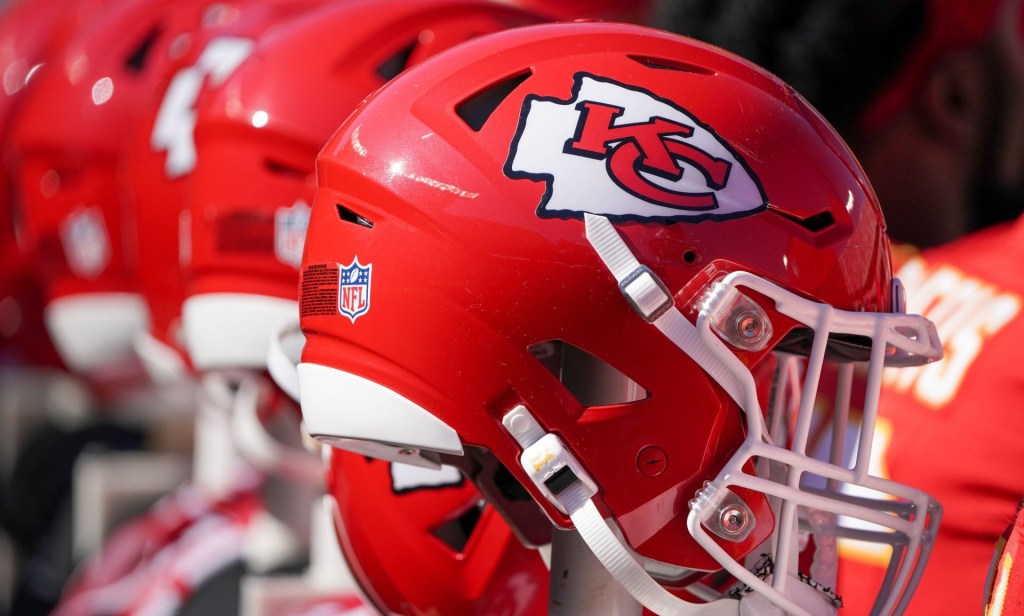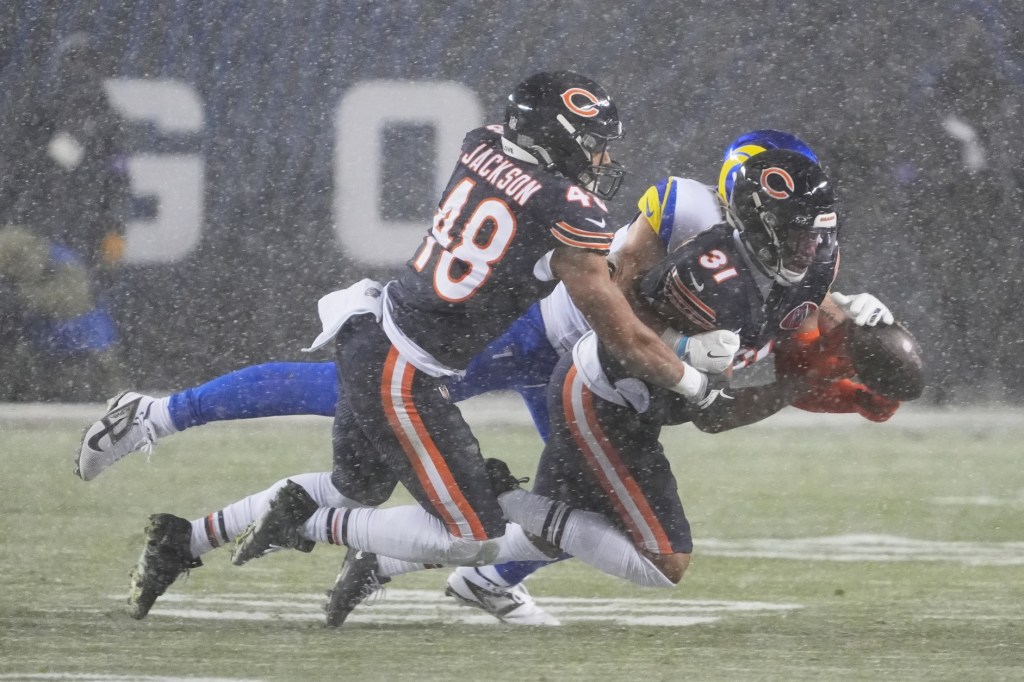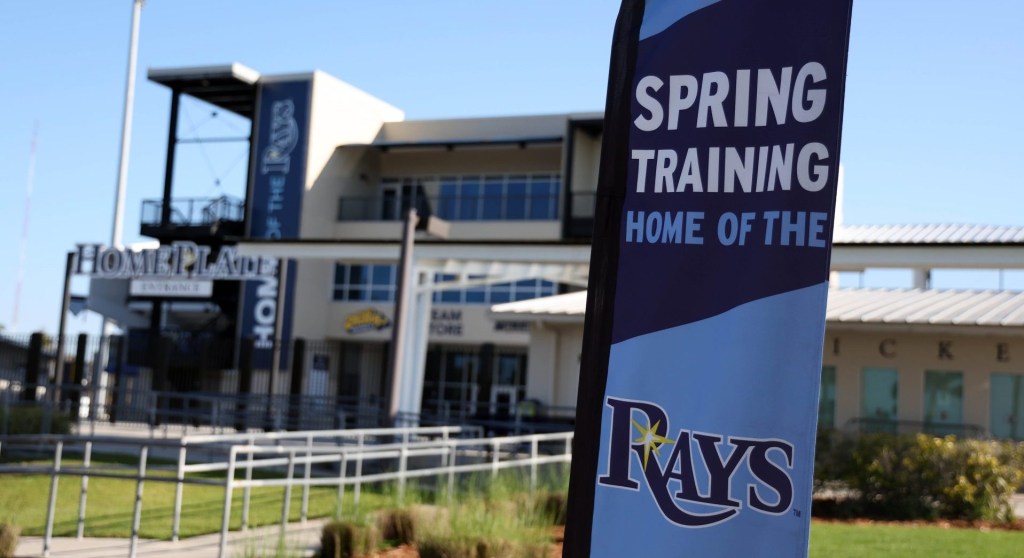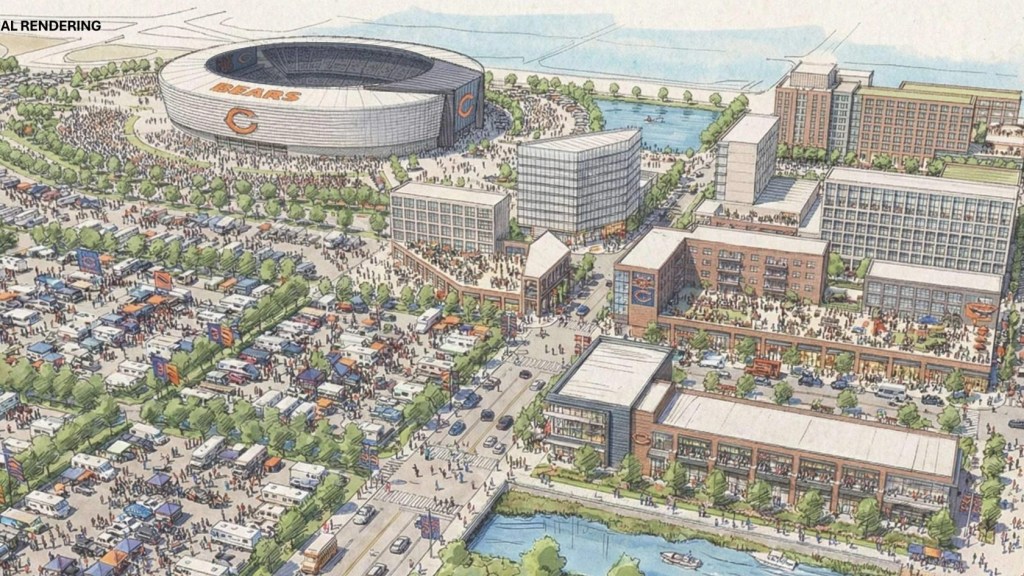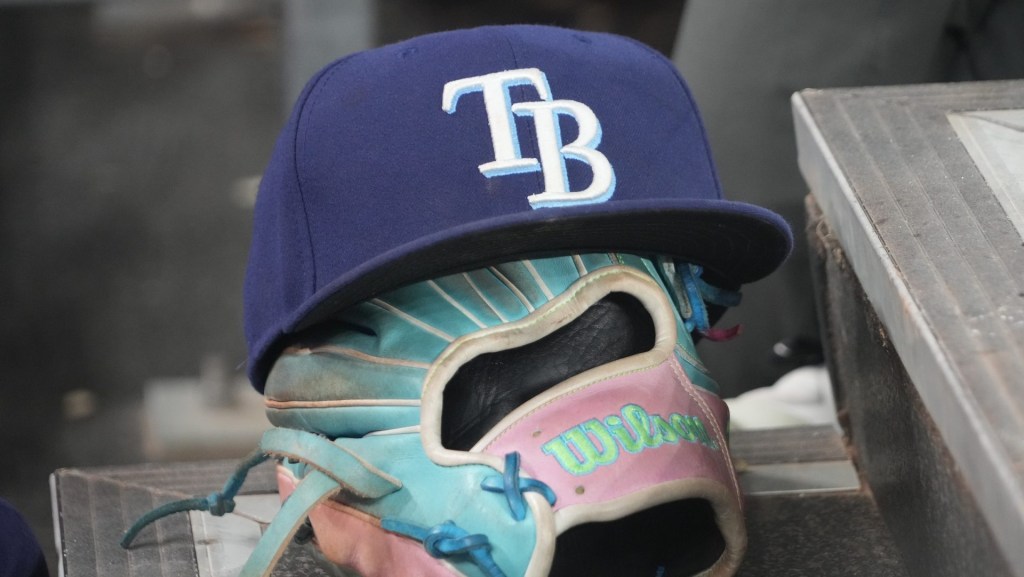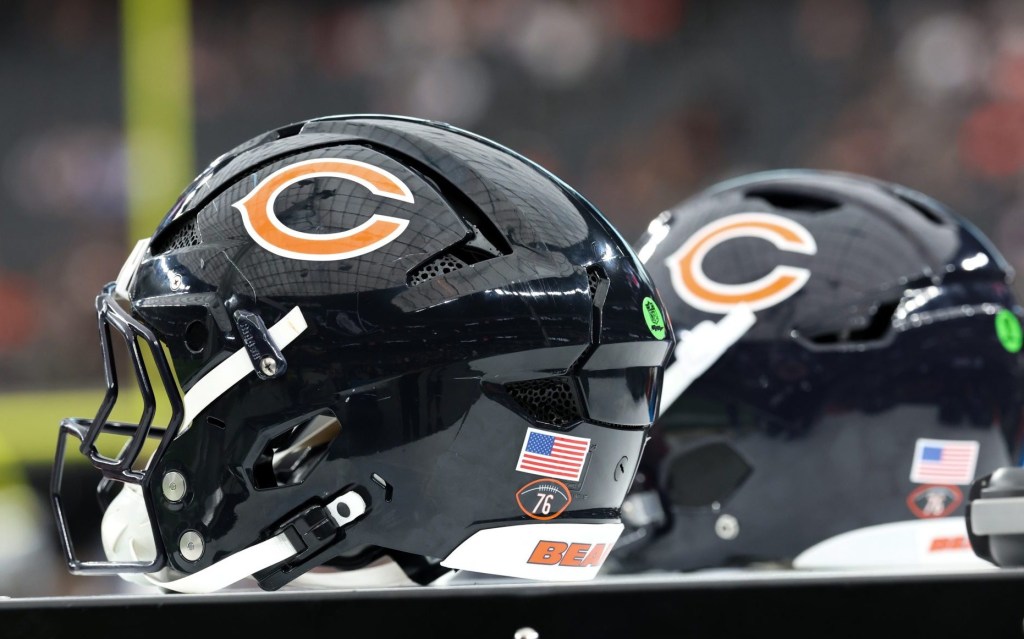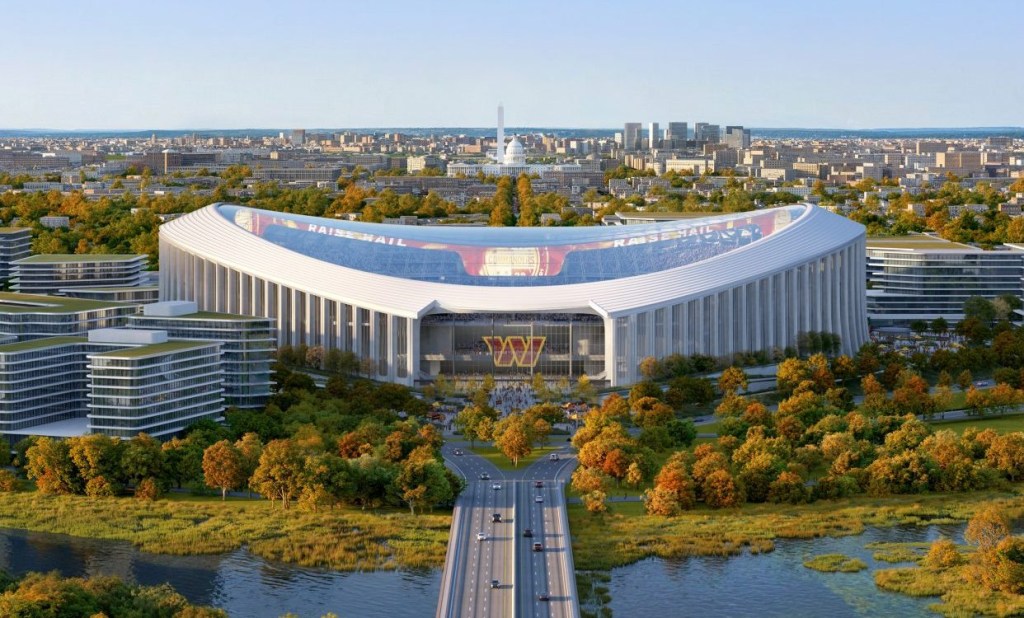After months of often tense debate, Memphis officials are starting to divvy up $350 million in state funding for the city’s various sports facilities — but not without generating some hard feelings and additional costs.
The Tennessee General Assembly gave the money to Memphis in April to help renovate the FedEx Forum, the home of the NBA’s Grizzlies, as well as AutoZone Park, where the Triple-A Redbirds play, and Simmons Bank Liberty Stadium, home of the University of Memphis football team. The money also was originally intended to help build a proposed soccer stadium to permanently house the USL Championship’s Memphis 901 FC.
Distributing those funds was left to the city, a situation creating a scrum among the various teams to secure their share, and maybe more.
On Tuesday, the Memphis City Council approved $120 million from that pool to renovate Simmons Bank Liberty Stadium and transfer ownership of the facility to the university. That allocation is set to be joined by a $50 million donation from Fred Smith, FedEx founder and chairman, plus a further $50 million university fundraising campaign, bringing the total stadium renovation funds to $220 million.
The Memphis Tigers’ athletic program has attempted on several occasions over the last decade to shift from the American Athletic Conference to a power conference, and department officials said the vote and stadium renovation plan “will position our university and football program for sustained success.”
Left Out
The remaining $230 million of the state funds is likely intended for FedEx Forum as part of an estimated $550 million needed to renovate the 19-year-old arena. It’s unclear where the rest of the money will come from, but that scenario leaves out AutoZone Park upgrades and the soccer project.
“Once the jewel of downtown and the gold standard for minor league baseball stadiums, AutoZone Park is simply no longer considered a top facility in professional baseball,” Redbirds president Craig Unger said last month. “It is in desperate need of standard updates to basic infrastructure … and is in danger of not meeting Major League Baseball’s compliance standards.”
